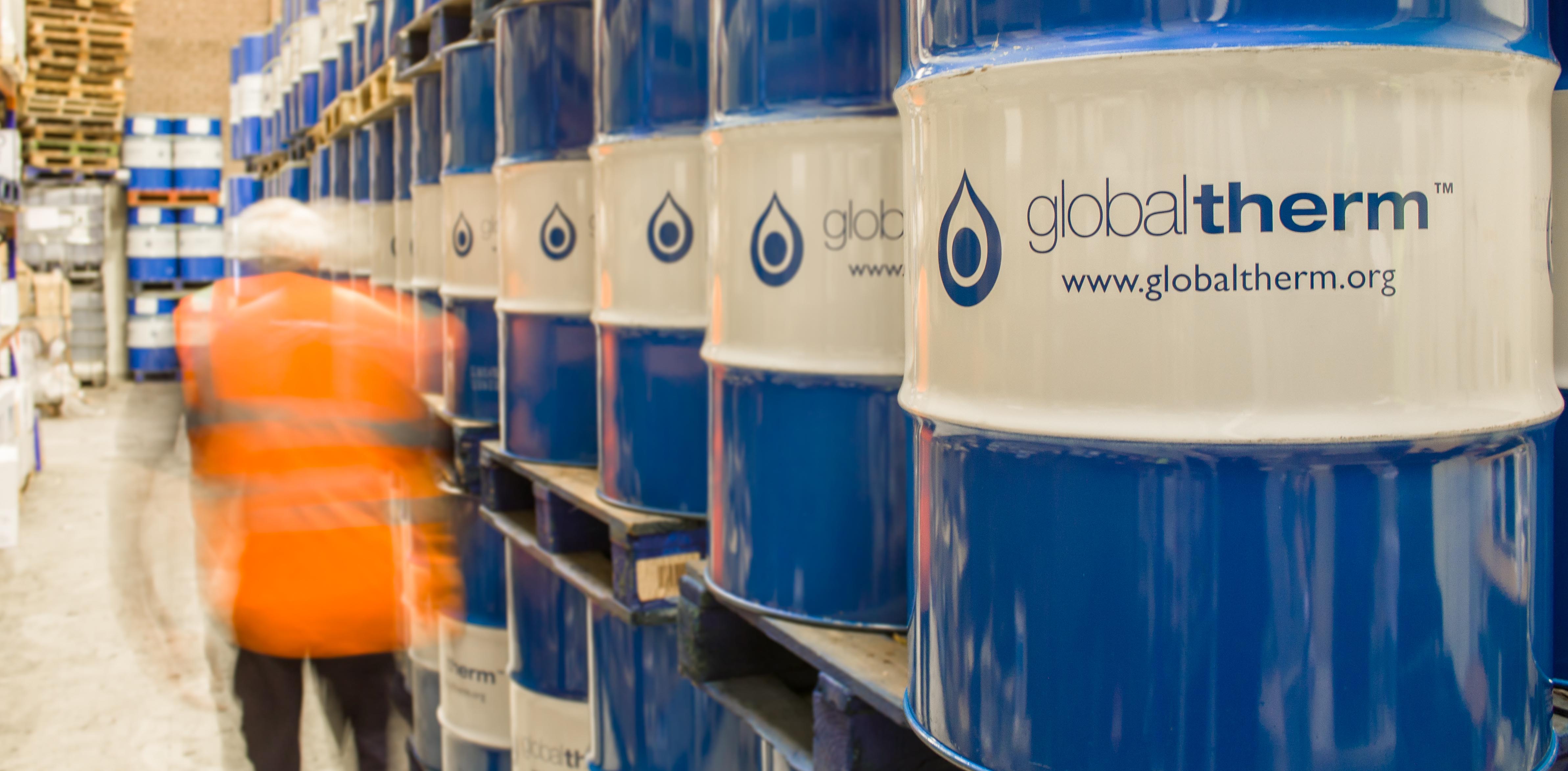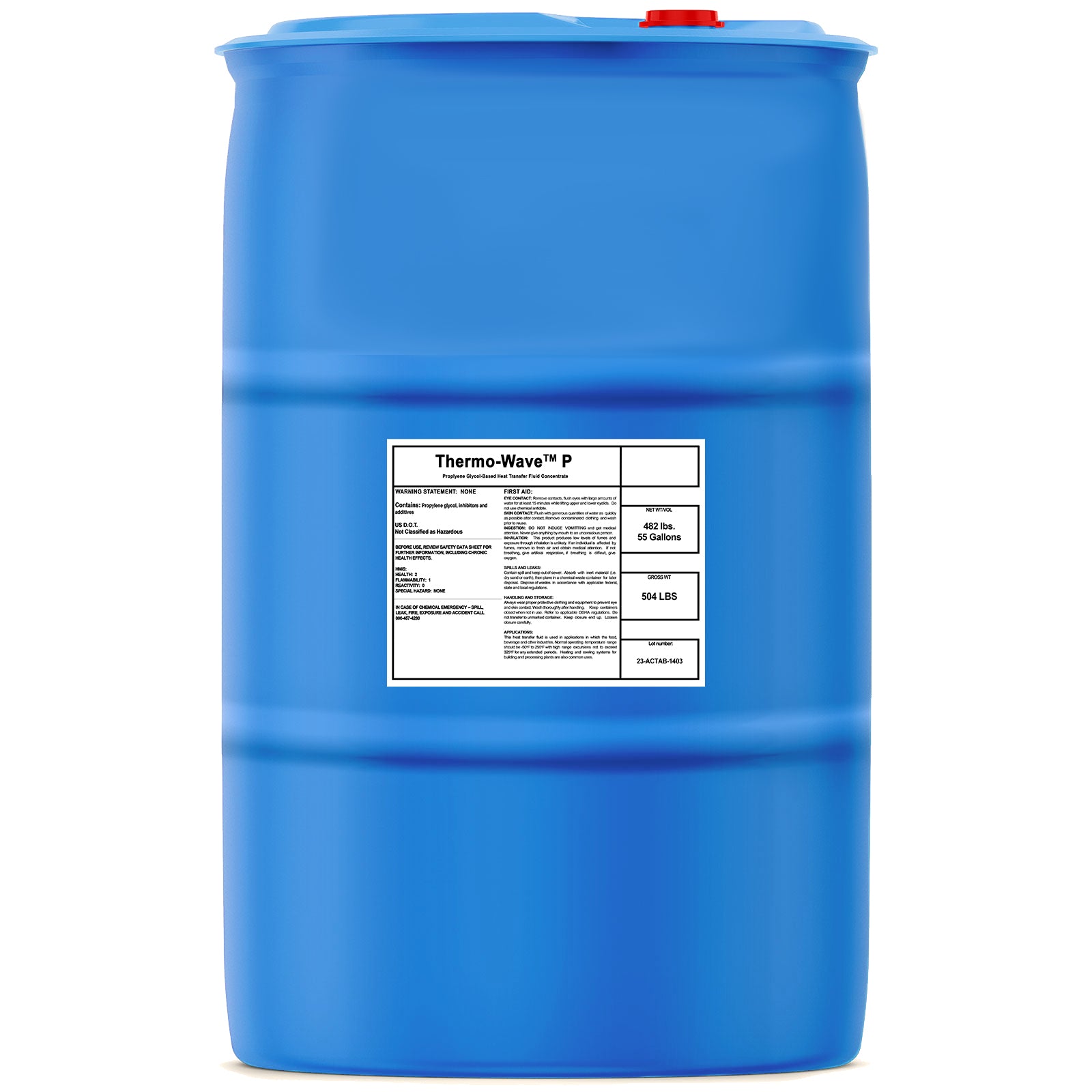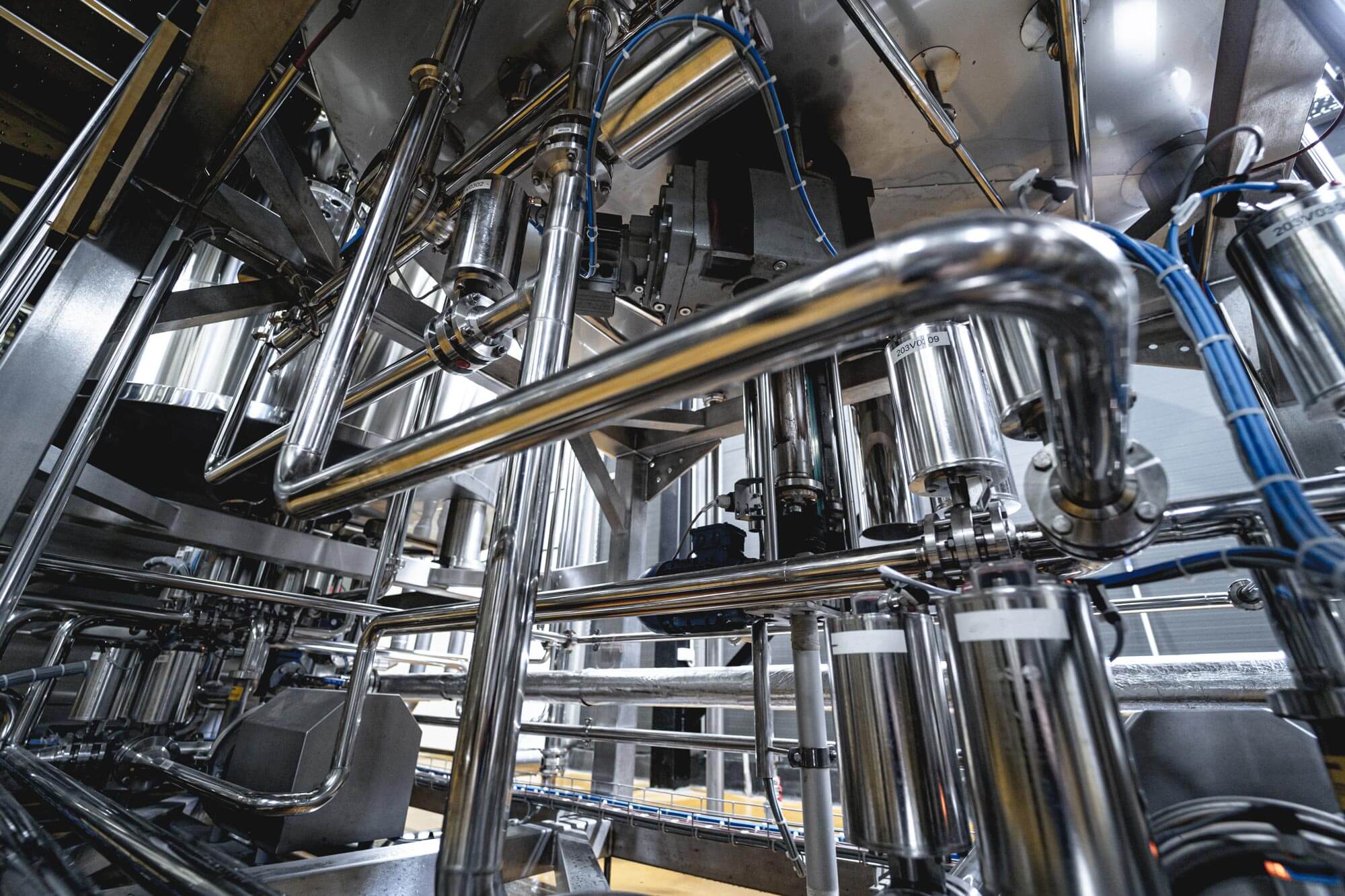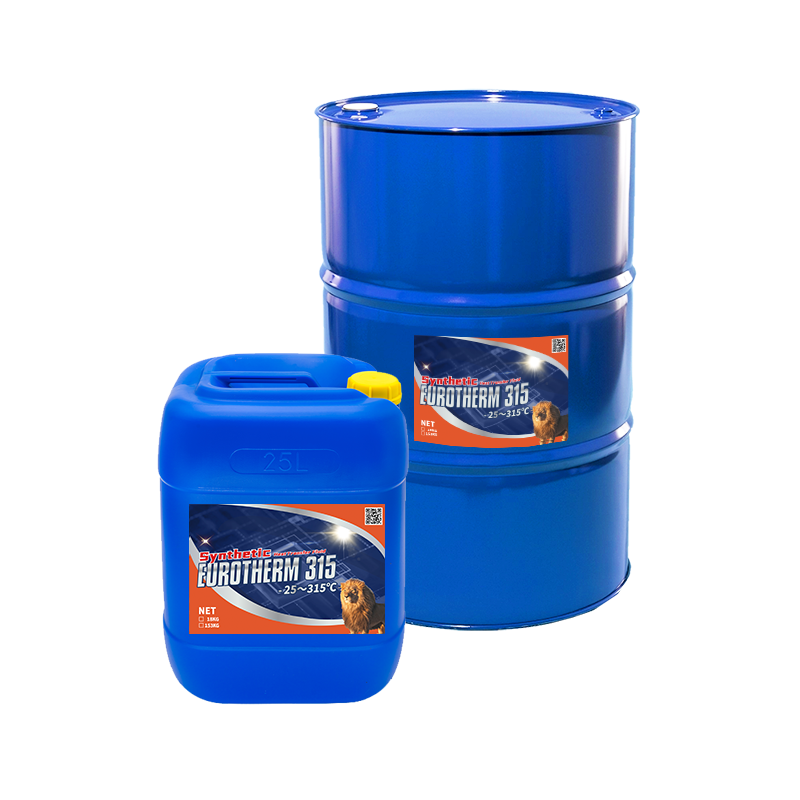Why Regular Maintenance of Heat Transfer Fluid is Important for System Long Life
Why Regular Maintenance of Heat Transfer Fluid is Important for System Long Life
Blog Article
Why Warm Transfer Liquid Is Essential for Optimizing Energy Transfer in Solution
The duty of warm transfer liquids in enhancing energy transfer is pivotal for attaining reliable thermal administration across different commercial fields. These liquids assist in smooth warm exchange, making certain procedures run within optimum temperature varieties and alleviating the danger of getting too hot.

Role in Thermal Monitoring
Warmth transfer fluids play a crucial function in thermal monitoring by efficiently managing temperatures in various commercial procedures and systems. These specialized liquids facilitate the transfer of heat in between different components, making certain optimal operating conditions and avoiding overheating. By keeping accurate temperature level control, warmth transfer fluids enable industries such as chemical manufacturing, oil and gas, and power generation to run safely and successfully.
The choice of an appropriate warm transfer liquid depends upon numerous factors, consisting of thermal stability, warm ability, and viscosity. High thermal stability makes sure that the fluid can stand up to severe temperatures without breaking down, while a high warm ability enables it to absorb and release substantial amounts of warmth - heat transfer fluid. Low viscosity reduces the power needed for pumping, contributing to total system efficiency
Furthermore, warmth transfer liquids are indispensable in applications like refrigeration, where they assist take in and dissipate warmth during the cooling cycle. In solar thermal energy systems, these liquids capture and transport solar warmth to generate electrical power or supply warm water. Their flexibility to diverse operating problems and ability to maintain regular thermal performance highlight their importance in industrial thermal monitoring, promoting operational connection and enhancing precaution.

Enhancing System Effectiveness
To make best use of the benefits of thermal administration, boosting system efficiency with the tactical usage of heat transfer fluids is paramount. These liquids play an important function in maximizing energy transfer by facilitating consistent thermal policy, which consequently influences the overall efficiency and long life of systems. Effective heat transfer results in decreased power losses, decreased operational prices, and enhanced dependability of equipment. By maintaining optimum temperature degrees, heat transfer liquids help guarantee that systems operate within their designed specifications, thus protecting against overheating and decreasing the risk of component failure.

Kinds Of Heat Transfer Fluids
The variety of warmth transfer fluids underscores their vital duty in an array of industrial applications, each tailored to satisfy specific thermal management requirements. These fluids help with effective energy transfer and are selected based on essential properties such as thermal security, thickness, and heat capability. The primary kinds include water, glycol remedies, oils, and synthetics, each offering unique benefits.
Water is the most common warmth transfer tool as a result of its high details heat capacity and inexpensive. Its use is limited by its cold and boiling points. Glycol mixes, often used in a/c systems, offer a lower freezing factor, including versatility in different climates. Mineral oils are preferred for their thermal stability and non-corrosive nature, making them ideal for high-temperature applications.

Synthetic fluids, including silicone and aromatic compounds, give remarkable thermal security and are utilized in atmospheres demanding severe temperature level varieties. These liquids make certain remarkable address performance in systems where conventional liquids may fall short. The choice of a heat transfer fluid is critical, as it influences system performance, safety and security, and longevity. Each type has to be picked to align with the functional demands and the certain problems of the application it serves.
Environmental and Economic Advantages
Making use of the right warmth transfer liquids provides substantial ecological and financial advantages for commercial operations. Ecologically friendly warmth transfer fluids, commonly eco-friendly and safe, minimize the risk view publisher site of dirt and water contamination in the event of leaks or spills, consequently protecting ecological communities and abiding with strict environmental policies.
Financially, the right warmth transfer liquid can considerably minimize operational prices. Reliable warmth transfer lowers power expense, bring about reduced energy expenses and enhanced productivity. Liquids with extended lifecycle efficiency decrease the frequency of substitutes and maintenance, reducing downtime and linked prices. Purchasing top quality liquids can additionally alleviate the threat of equipment deterioration and failure, avoiding expensive repair services and prolonging the life-span of critical framework. In open markets, these financial savings and effectiveness provide a distinctive benefit, enabling companies to designate resources better and invest in additional innovation. On the whole, the critical useful link use of optimum warmth transfer fluids sustains sustainable economic growth and environmental stewardship.
Choosing the Right Fluid
Just how does one browse the complex procedure of selecting the appropriate heat transfer liquid for commercial applications? Thermal security ensures the liquid can withstand high temperatures without degrading, while compatibility protects against corrosion or various other harmful responses with system parts.
Furthermore, the liquid's warmth capacity and thickness are paramount. A high heat capability allows the liquid to take in and move more energy, boosting efficiency.
Verdict
The strategic option and application of heat transfer liquids are essential to enhancing energy transfer throughout different systems. By making certain high thermal security and capacity, these liquids supply exact temperature control and boost total system effectiveness.
Report this page